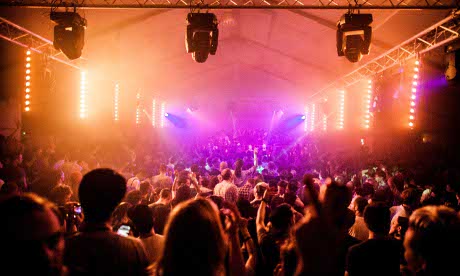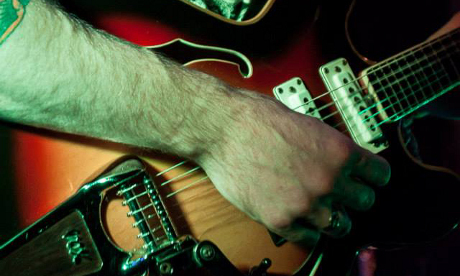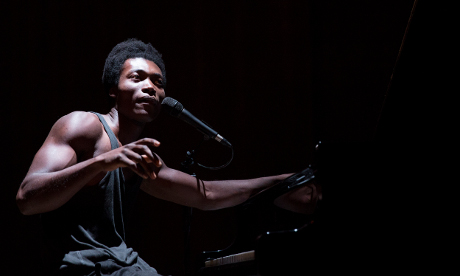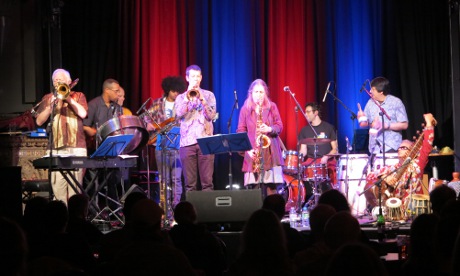
A folk group based in Walthamstow, credited with popularising Balkan music in the UK, is celebrating its half-centenary this year and hopes to endure with the help of young and talented artists.
Dunav, a collective taking its name from the Serbo-Croat word for the River Danube, formed in 1964 and has seen more than 30 members pass through its esteemed ranks.
Established by Balkan dance enthusiasts Henry Morris, John Baldwin and Narendra Kotiyan, the group – who used to practise at Hackney Community College on Falkirk Street – cite friendship as key to their success.
Caroline Thomas, who joined as accordionist in 1971, says: “I count Dunav members as my very best friends and sometimes, when I am making music with them, the thought comes into my head that I would not want to be anywhere else doing anything else.”
Dunav began when folk-aficionado Morris met mandolin-player Baldwin, who had fallen for Balkan music in 1952 following a late-night encounter with four dancers at a Yorkshire youth camp.
Kotiyan, the present ensemble’s longest-serving member, was born in Mumbai and moved to England in 1957. He attended various folk dancing clubs in London before meeting Baldwin and becoming part of Dunav’s original line-up.
The founders took their authentic brand of eastern European music to London’s School of Pharmacy for their first performance. Soon after, they organised a successful Balkan music and dance festival at St Pancras Town Hall (now the Camden Centre).
The group has since embarked on a series of European tours and played regular slots at Cecil Sharp House (a dedicated folk arts centre) and the Barnet International Folk Dance Club, as well as countless weddings, concerts and parties.
“Tours to Bulgaria, Romania and the Republic of Macedonia were wonderful, and happily we have much of it recorded on video,” says Thomas.
“A full-length concert in the Purcell Room on the South Bank was the fulfilment of an ambition of mine, and there we launched our first CD – a compilation of two earlier albums.”
Helped along by much encouragement from folklorists and musicians of the countries whose music they play, the group have encountered very little controversy over the years.
“We would hope that folk music is above politics, and try to ignore the occasional negative mutterings of people with strong feelings about national and regional identity.”
Thomas says that after half a century of performing the music they love and inspiring others to do the same, as long as the current members can lift and play their instruments the group will continue.
“The more distant future of Dunav depends on young talented musicians and singers joining us, and we would welcome them provided they fit in and are truly committed,” she says.
For an industry in which ‘change’ is the word on the tip of everyone’s tongue, longevity is a rarity these days. But with the passion and energy of Dunav, another 50 years looks well on the cards.
The friends continue to rehearse on a weekly basis at Thomas’s house in Walthamstow.
See here for a video of Dunav performing in Romania in 1993.






